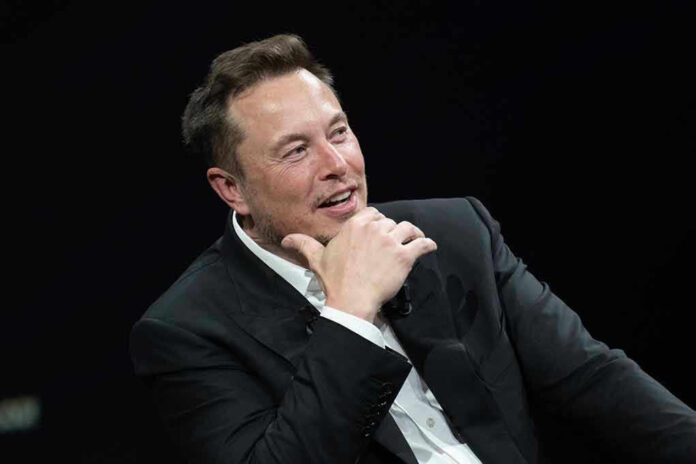Tesla’s board chair has issued an unprecedented corporate ultimatum, warning shareholders they risk losing CEO Elon Musk unless they approve what could become the largest executive compensation package in American history.
Story Highlights
- Board chair Robyn Denholm warns Tesla could lose Musk if shareholders reject $1 trillion compensation package
- Combined 2025 awards total $113.9 billion in estimated fair value, dwarfing any previous executive compensation
- Shareholders face November vote after Delaware court previously struck down Musk’s 2018 pay package
- Performance targets require Tesla to grow by $7.5 trillion in market capitalization to achieve full payout
Board Issues Corporate Ultimatum to Shareholders
Tesla board chair Robyn Denholm delivered a stark warning to shareholders on October 27, 2025, stating the company faces losing CEO Elon Musk if they reject his proposed compensation package at November’s annual meeting. Denholm framed the decision as existential, asking shareholders whether they want to “retain Elon as Tesla’s CEO and motivate him to drive Tesla to become the leading provider of autonomous solutions and the most valuable company in the world.” This ultimatum creates an unprecedented corporate hostage situation where shareholders must choose between massive compensation costs or operational uncertainty.
Compensation Package Shatters Historical Records
The proposed compensation structure combines an $87.8 billion main award with a $26.1 billion interim award granted in August 2025, totaling $113.9 billion in estimated fair value. This astronomical figure represents the largest executive compensation package in U.S. corporate history, completely dwarfing traditional CEO pay scales. The “$1 trillion” characterization likely refers to maximum potential value if Tesla achieves all performance milestones and experiences dramatic stock price appreciation. Performance targets require Tesla to grow by $7.5 trillion in market capitalization, which would make it the world’s most valuable company by an enormous margin.
Legal Battles Shape Current Proposal Structure
The current compensation saga stems from Musk’s controversial 2018 pay package, which Delaware Chancery Court rescinded in January 2024, ruling shareholders lacked full disclosure when originally approving it. Despite the court ruling, Tesla shareholders ratified the 2018 award for a second time in 2024, demonstrating continued support for performance-based compensation. The legal precedent established by Delaware’s decision has influenced how Tesla structured and disclosed the new 2025 proposal, though experts predict similar court challenges ahead.
Performance Expectations Dwarf Previous Ambitious Targets
Musk’s track record includes successfully achieving all targets from his 2018 compensation plan by early 2023, which required growing Tesla by $600 billion in market capitalization. The new 2025 award escalates expectations dramatically, targeting $7.5 trillion in market cap growth compared to the previous $600 billion requirement. This represents more than a 12-fold increase in value creation expectations, reflecting Tesla’s evolution from automotive manufacturer to autonomous vehicle and energy solutions provider. Success would create unprecedented wealth concentration while potentially delivering transformational shareholder returns.
The November shareholder vote will determine whether Tesla sets a new precedent for executive compensation or faces leadership uncertainty during a critical period for autonomous vehicle development. This decision could fundamentally reshape corporate governance expectations across industries while raising broader questions about wealth concentration and shareholder rights in modern capitalism.
Sources:
Tesla chair asks shareholders to approve Elon Musk’s $1 trillion pay package or risk losing him
The Trillion Dollar Man: Comparing Musk’s 2018 Pay Plan to His Latest Tesla Award











